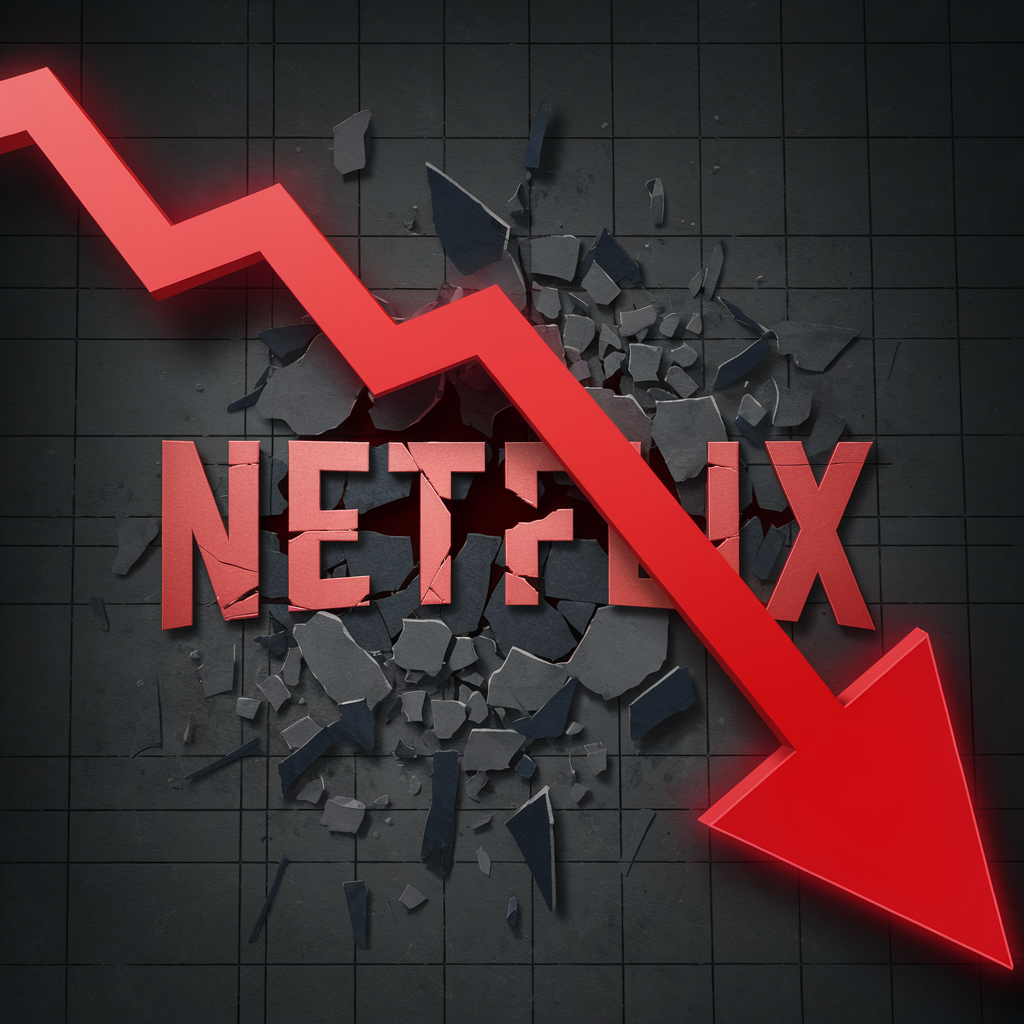Ever since I was a kid, I always knew that cancer runs deep in my family.
My father died more than a decade ago of a horrible brain tumor. His father had cancer. Both of my mother’s parents died of cancer.
I knew all of this before I even understood what cancer was.
Not willing to leave the issue to genetic luck, though, my mother started educating my sister and I to make healthy decisions even when we were very young.
And I’ve heeded these lessons throughout my life. I almost exclusively eat healthy, vitamin-rich, organic food (most of which I grow myself here in Chile). I don’t smoke. I avoid anything toxic.
Most of all I keep educating myself so I know what the best options are at any given time, including those that fall outside of the mainstream.
I don’t feel like I’m any worse off for taking basic steps to educate myself and make healthy decisions to reduce a fairly obvious risk.
I was thinking about this the other day when I read an article in the Financial Times about the “disastrous” $3.4 trillion funding hole in the United States public pension system.
To be clear, they’re not talking about the Social Security mess. That’s an additional $40+ trillion funding shortfall.
The $3.4 trillion gap is referring primarily to city and state pension funds; these pension funds essentially have way too many liabilities and obligation, with too few assets to support them.
And the problem gets worse each year.
Now, pension funds in the Land of the Free are supposed to be backed up and insured by a federal agency known as the Pension Benefit Guarantee Corporation (PBGC).
The PBGC is sort of like the FDIC for pension funds.
There’s just one small problem: in addition to all of these city and state pension funds that are under water, the PBGC is INSOLVENT.
In its most recent annual report, the PBGC (which ensures the pension funds of more than 40 million Americans), showed net equity of NEGATIVE $76 billion.
So not only do these pension funds need a bailout, but the government organization that is supposed to insure the pension funds needs a bailout…
… and all of that is in addition to the $40+ trillion Social Security shortfall.
By the way, if you’re thinking “whew, I’m glad this only applies to retirees in the US”, think again. MOST western nations are in a similar position.
In the UK, for example, the British pension fund gap is at a record high 367 billion pounds. Across Europe the pension fund gap exceeds 2 trillion euros.
There are only two ways out of this:
1) Your taxes are going to go up. Big time.
Cities and states are going to have to steal more of your money in order to plug these holes.
(And for that matter, the US federal government will have to do the same thing with Social Security.)
2) They’re going to default on their obligations to taxpayers.
It’s also likely that, at a certain point, governments will simply change the rules.
They’ll either cut benefits, cancel them altogether, or change the age of eligibility when you can start receiving benefits.
Needless to say these circumstances present a fairly credible risk to people’s retirements.
Yet while you can’t do anything to fix your bankrupt government or their unfunded pension programs, you can reduce the risks and their impact on your own life.
Finance is a lot like health in that way.
Many people unfortunately ignore obvious financial risks, just like obvious health risks. This is a bad idea.
Clearly there are a LOT of things that we cannot control or predict in both health and finance.
But when faced with such obvious risks, it’s easy to take sensible steps to get them under control.
This includes consistently making financially healthy choices, seeking strong financial education to really learn about investing and retirement planning… and thinking out of the box to consider investment options that aren’t so generic and mainstream.
We’ll talk more about some of these options next week.








